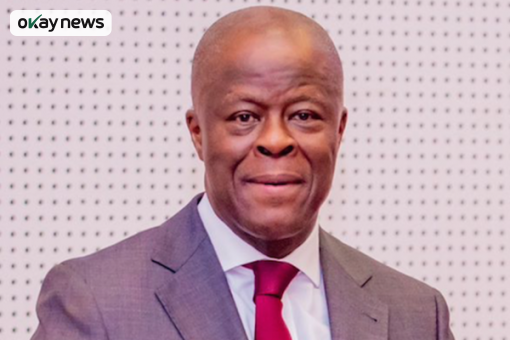Okay News reports that Nigeria intensified its push for economic reforms as Finance Minister and Coordinating Minister of the Economy, Wale Edun, urged African countries to accelerate structural changes while presenting Nigeria’s progress at the G20 Investment Breakfast Dialogue in Johannesburg, South Africa. He said Africa must act decisively to remain competitive in a global environment undergoing rapid transformation.
Edun explained that global shifts in trade, tightening capital flows, technological disruptions, and climate-related financing gaps are reshaping opportunities for developing countries. He stressed that these pressures make economic reforms essential for long-term stability and growth across the continent.
He noted that many developing nations now spend more on debt servicing than they receive in development assistance, citing Africa’s $163 billion debt-service burden in 2024. According to him, such realities reinforce the urgency of economic reforms that strengthen domestic revenue systems and reduce reliance on external borrowing.
Using Nigeria as a case study, he outlined a reform path focused on macroeconomic stability and increasing government savings to fund education, healthcare, infrastructure, and other growth-enabling sectors. He said these economic reforms, initiated since May 2023, include fuel subsidy removal, foreign-exchange liberalisation, tax restructuring, and structural adjustments across power, logistics, and industry.
Edun told investors that Nigeria is recording early signs of recovery supported by the economic reforms. GDP grew by 4.23% in Q2 2025, inflation declined to 16.05% by October, and external reserves rose to $46.3 billion. He added that growth is diversifying into trade, telecoms, construction, rail, electricity, and refining.
He acknowledged that the economic reforms have affected vulnerable populations but said the government expanded direct transfers to 15 million households, with nine million already receiving support. He noted that social protection remains central to sustaining national consensus around reforms.
Aisha Rimi of the Nigerian Investment Promotion Commission and MTN Group CEO Ralph Mupita both affirmed investor confidence driven by the economic reforms. Governors from Nasarawa, Gombe, Kaduna, and Plateau also highlighted new investment opportunities in agriculture, mining, transport, and tourism following expanded fiscal space created by the reforms.
Okay News reports that Edun concluded by stating that Nigeria has “laid the foundation for a modern, resilient, private-sector-led economy” and aims for at least 7% medium-term growth through sustained economic reforms and deeper regional partnerships.




